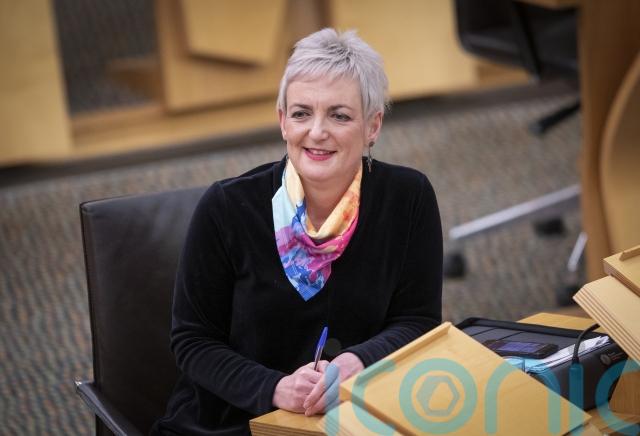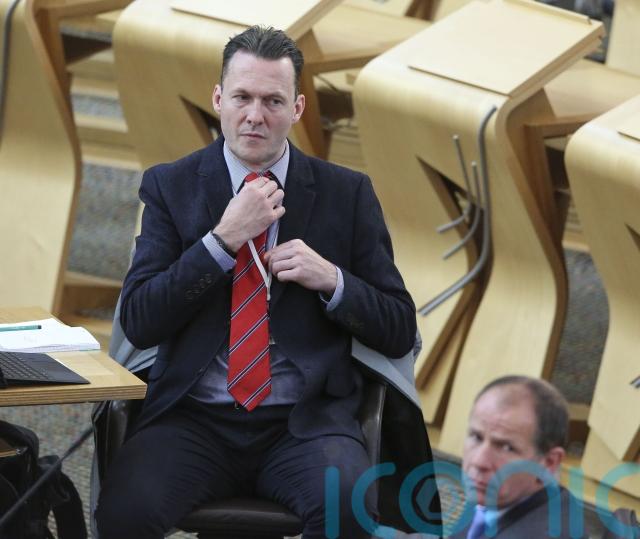
It is unfair for an addiction charity to suggest addicts are being sent to “pretend” rehabilitation centres for treatment, drugs policy minister Angela Constance has said.
Faces & Voices of Recovery (Favor) urged ministers to clearly define what a residential rehabilitation centre is to ensure “nobody is sent to pretend rehab facilities that are really stabilisation or detox services”.
Conservative MSP Russell Findlay addressed the advocacy group’s concerns at a joint meeting of the Criminal Justice, Health, Social Care and Sport, and the Social Justice and Social Security committees.
Detox and stabilisation placements often run over a few weeks to allow a person to come off drugs or alcohol – but unlike residential rehab they do not treat the underlying causes of substance abuse.
Residential rehab often lasts three to 12 months and offers counselling, mental health support and various other methods to facilitate positive life changes.

Ms Constance told the joint meeting that the Scottish Government has a “very clear” definition of what counts as residential rehab.
She said: “Residential rehabilitation is structured residential therapeutic programmes that are supporting people towards an alcohol and drug-free lifestyle.
“There are other models of residential services, whether that’s in and around crisis care or stabilisation, they are important also in terms of ensuring we have that wide spectrum of treatment opportunities and services.
“I would dispute the claim that we are investing in pretendy residential rehabilitation – I think that’s unfair, personally.
“What we are counting, if I can put it that way, and what we are funding, is that traditional rehabilitation model that has historically been undervalued and underinvested in.”
Mr Findlay also highlighted an error in the counting of funded rehabilitation beds in a Public Health Scotland (PHS) report.
The report, published in September, said there had been 218 statutory funded placements for drug rehab between April and June this year.

However, a correction earlier this month stated Glasgow City Alcohol and Drug Partnership incorrectly included 48 stabilisation placements, reducing the figure to 170.
Mr Findlay asked Ms Constance if the error speaks to Favor’s concerns of a “blurring of the lines” on what a rehab centre is.
Ms Constance replied: “Firstly, that was not a Government report, it was a Public Health Scotland report.
“You’re quite right to say that an error was established in the information that PHS has received from Glasgow and therefore the quarterly figures had to be revised down, and they were revised down and there was transparency in and around that.”
She said the figure of 170 funded placements was still the highest ever for any quarter.
More than 500 residential rehabilitation placements were funded through Scottish Government support in the 2021/22 financial year up to March 31, 2022, she said.
Ms Constance added: “Over the lifetime of the national mission, we have supported the funding of over 700 residential rehabilitation services.
“I do accept that it is important to distinguish between residential rehabilitation and stabilisation services.”
Subscribe or register today to discover more from DonegalLive.ie
Buy the e-paper of the Donegal Democrat, Donegal People's Press, Donegal Post and Inish Times here for instant access to Donegal's premier news titles.
Keep up with the latest news from Donegal with our daily newsletter featuring the most important stories of the day delivered to your inbox every evening at 5pm.